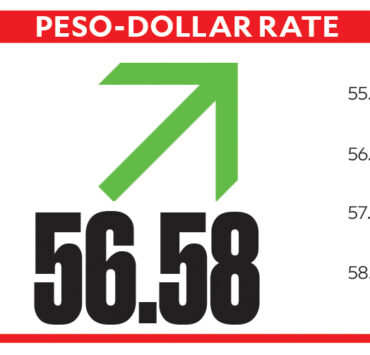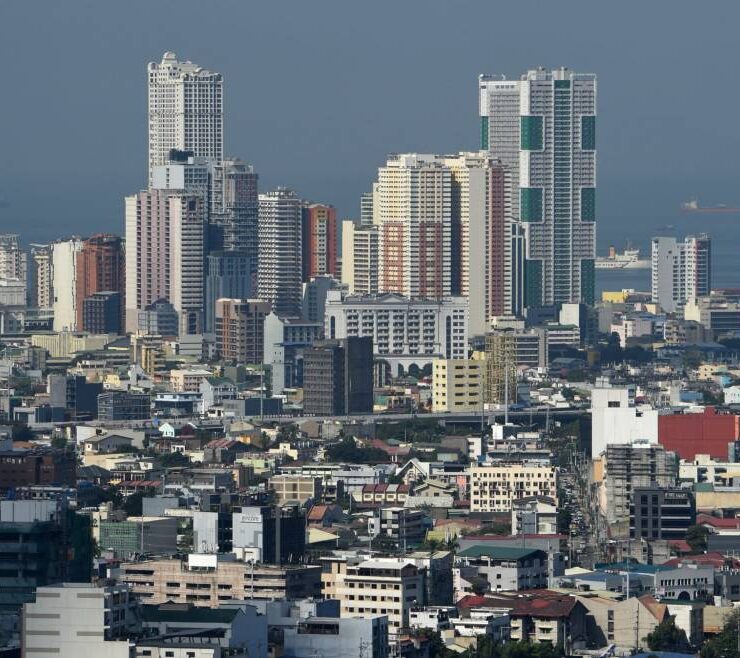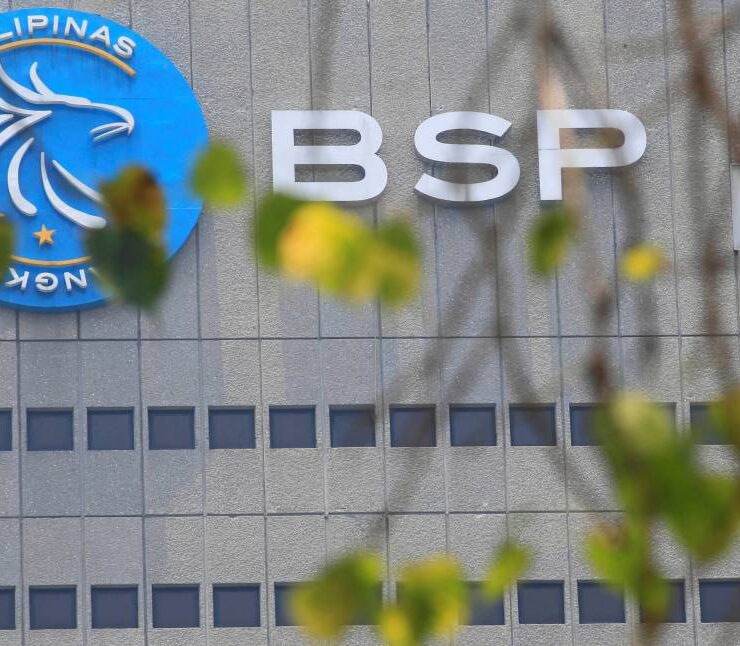‘Trump 2.0’ bane for Philippine BPO industry, remittances —Nomura

The Philippines will be among the most vulnerable countries in Southeast Asia under a second Trump presidency, whose protectionist policies might hurt remittances, exports and the business process outsourcing (BPO) industry, Nomura said.
The Japanese investment bank said the domestic economy may grow 0.2 percentage points lower than the baseline growth forecast of 6.1 percent for next year if former US President Donald Trump returns to the White House.
Trump 2.0 could leave the Philippines “vulnerable through various channels,” Nomura said. For one, it said a potential tightening of immigration policies in the US, a major host country of Filipino expats, could temper the growth in remittances.
While Trump has not been explicit about “bringing back jobs to America”, Nomura said the risk of a similar policy in the future could affect BPO revenues, a key source of dollars for the Philippine economy.
Lastly, Nomura said a pause in the US Federal Reserve’s cutting cycle to assess the impact on inflation of Trump’s proposed 10-percent tariffs might derail the rate cuts by the Bangko Sentral ng Pilipinas.
“Singapore and the Philippines are most exposed to Trump policies while Malaysia could gain some indirect benefits. Indonesia and Thailand are insulated but not completely,” the bank said.
“We believe the impact of Trump 2.0 will be negative for the region from a growth perspective, albeit to varying degrees,” it added.
Recent opinion polls showed that the US election is still likely to be close even as Vice President Kamala Harris appears to be a slight front-runner. Nevertheless, a Trump victory now appears less likely than it did before President Joe Biden dropped out of the race.
In the same report, Nomura also flagged the possible rise in geopolitical tensions in the South China Sea if the US, the strongest ally of the Philippines, provides less regional security and reduces its military presence under Trump.
“The upshot in that scenario is that Beijing’s current assertiveness in the disputed waters might continue… Rising tensions might increase the risk of more serious confrontation, in our view,” it added.





















